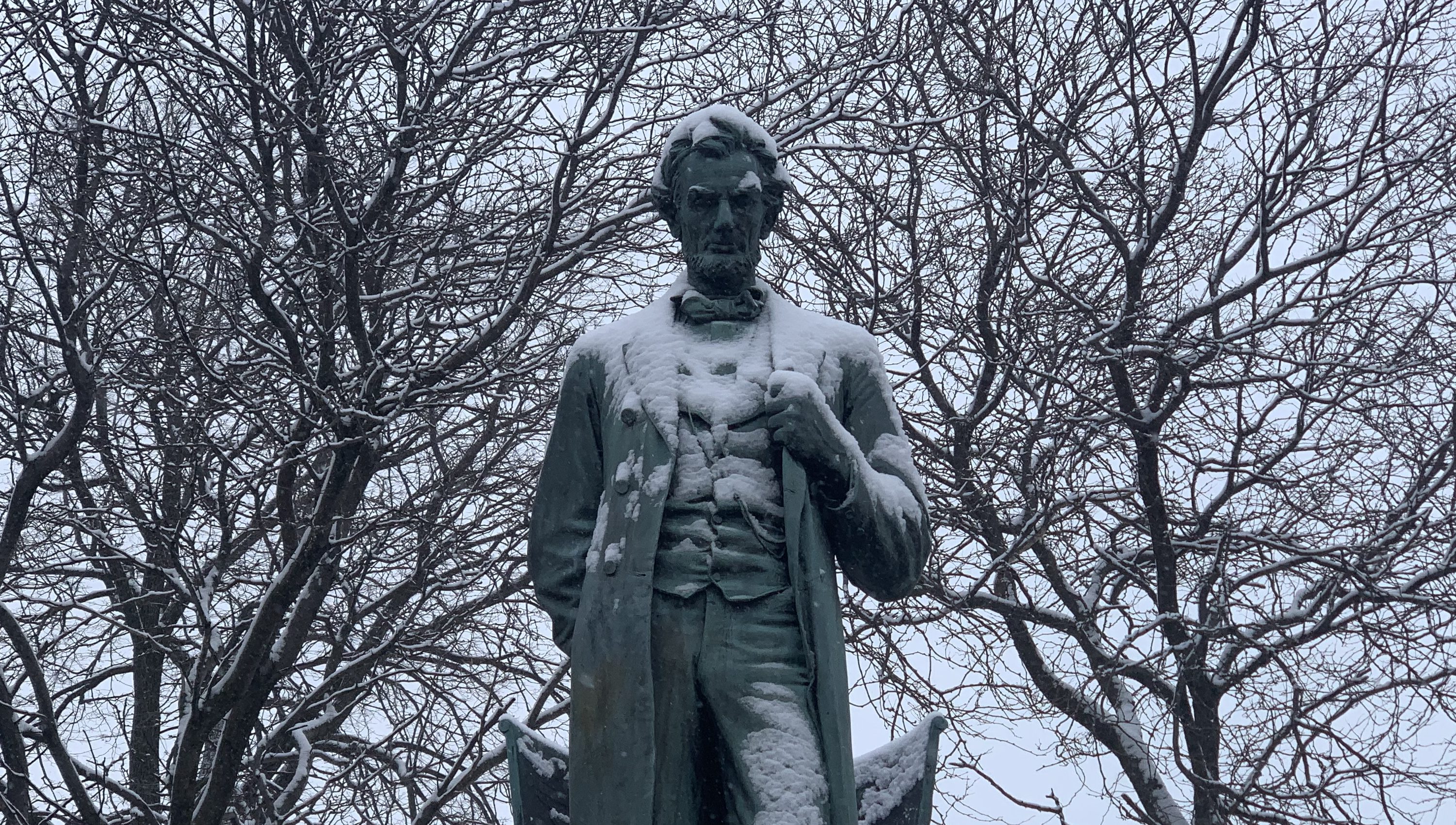Service Industry Workers and their Coverage in Chicago
It’s been a brutal spring, especially for service industry workers in Chicago. While half of Illinoisans are insured through their employers, they have to get their coverage elsewhere because their jobs don’t offer insurance.
The service industry has been hit hard by the coronavirus pandemic, and these employees have suffered as businesses have closed temporarily or permanently. Here are a few examples of Chicagoans and their coverage:
- Barista. The neighborhood café has been open, and the morning barista is covered through her husband’s employer-based plan. He is also a union member, which she believes provides them with more protection in this economy.
- Driver. His income has plummeted because of the lack of business travel at the local airport. As an enrollee in a federal marketplace (Obamacare) plan, he is struggling to make monthly premium payments for himself and his family.
- Manicurist. A spa owner has been paying her employees while closed, though she doesn’t provide them with health insurance. Some are covered by their husbands or parents, others are enrolled in a federal marketplace plan, and yet others are uninsured.
- Stylist. His salon has been shuttered since mid-March, and he’s hoping he can open it again soon. He too is covered through the federal marketplace, and his finances are such that he’s able to pay premium and stay covered…for now.
In Illinois, employees who have lost their health insurance may qualify for COBRA, Obamacare, or Medicaid. Contact your employer, HealthCare.gov, or the Illinois Department of Healthcare and Family Services for help.
Service industry workers would probably be better off if the U.S. had one system for everyone that did not link coverage to jobs. In the meantime, they’re Mastering Health Insurance.
Sources:
1) Commonwealth Fund “New Survey Finds Americans Suffering Health Coverage Insecurity Along with Job Losses” (April 21, 2020) by Sara R. Collins, Munira Z. Gunja, Babriella N. Aboulafia, Erin Czyzewicz, and Robyn Rapoport.
2) KFF “State Health Facts” (2018)
Photo: Lincoln Park


